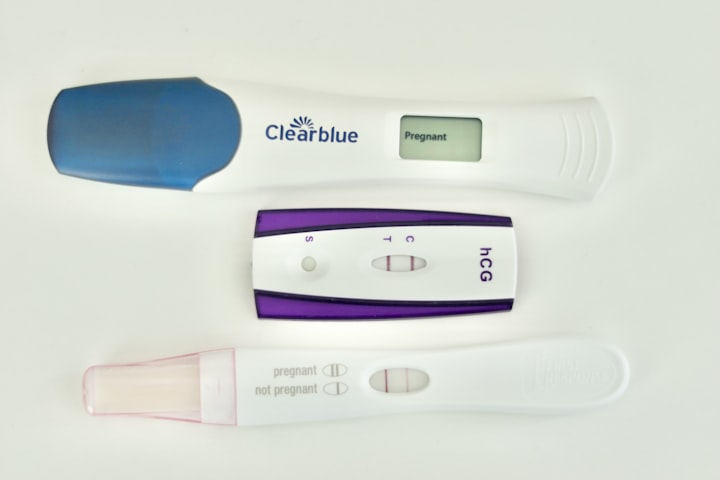
The untold story of the impact of COVID on mental health in California
Figures and facts
Although vaccines have reduced the impact of COVID-19 and many countries no longer have strict measures against the disease, many people are still feeling the effects of the pandemic on their mental health. The experience, especially in the first year of the pandemic, was a traumatic event for many, changing lives forever. The short-term and long-term effects of the pandemic on mental health should not be underestimated.
One of the positive results of the pandemic may have been the global attention and heightened public discourse on mental health. However, only time will tell how the pandemic will affect the way mental health is discussed, approached and dealt with in different parts of the world.
Anxiety and Depression Anxiety and depression are two of the most common mental health disorders in the world. Although only four percent of people worldwide are diagnosed with an anxiety disorder and less than four percent suffer from depression, symptoms of these disorders are very common.
Symptoms of anxiety can include feelings of panic or fear, increased heart rate and muscle tension, while depression is characterized by depressed mood, lack of motivation and pleasure, and decreased energy levels. 'energy.
Symptoms of both disorders can be mild or they can significantly affect a person's well-being, affecting sleep, concentration, appetite, social interaction, and/or the ability to perform daily activities. A report published by the OECD in May 2021 covering 15 countries found that symptoms of anxiety or depression had increased due to the Covid-19 pandemic in all countries. For example, while 19% of people in the UK said they had symptoms of anxiety or depression before COVID-19, almost 39% said the same in March and April 2020. In 2020, 17% people in Japan suffered from depression or depression.
Symptoms of depression before the pandemic. Additionally, a WHO report noted that barriers related to mental health, neurology and substance abuse were reported in many countries in 2020. Services such as the elderly, critical risk reduction and overdose prevention and management.
Since April 2020, the CDC has surveyed a sample of the US population weekly to monitor changes in symptoms of anxiety and depression. Symptoms for both fluctuated during the pandemic as cases rose and fell and lockdowns and restrictions were imposed and then eased. Anxiety symptoms peaked in fall 2020, when 37% of respondents reported such symptoms.
Symptoms of depression followed a similar trend, with 30% of respondents reporting symptoms of depression in December 2020.
During the pandemic, symptoms of anxiety and depression were more common among women than men in the United States. Young people were also more likely to report negative mental health symptoms than older people. For example, in June 2020, nearly 75% of 18-24 year olds reported one or more negative mental health or behavioral symptoms, compared to 52% of 25-44 year olds and 54-64 year olds. older people, compared to 30% of people of the same age.
This text provides general information. Statista assumes no responsibility for the completeness or accuracy of the information provided. Due to different update cycles, the data may vary.
The UCLA team will concentrate in coming months on the provisional side of those services, trying to determine how or how important — injuries in access to similar care are affecting residers. The Affordable Care Act included poor internal health as a core condition to be treated, but the system supporting that treatment isn't close to being erected out, and some providers are easily going to have to be prodded to do it.
In the meantime, raising stipend for the smallest earners, along with a recommitment to direct fiscal aid, could palliate some of the cerebral stress that was erecting long before the epidemic exposed and aggravated it. “ We ’ve been seeing increases in serious cerebral torture for times in California, and the cost of living is at the heart of a lot of it, ” Padilla- Frausto said. The state must review its situations of support for floundering families before particular fiscal heads come full-bloated internal health extremities.
About the Creator
Hazim
"Embarking on a symphony of flavours, wanderlust, and personal growth – tune in for a unique blend of foodie adventures, travel chronicles, and self-discovery vibes."






Comments
There are no comments for this story
Be the first to respond and start the conversation.